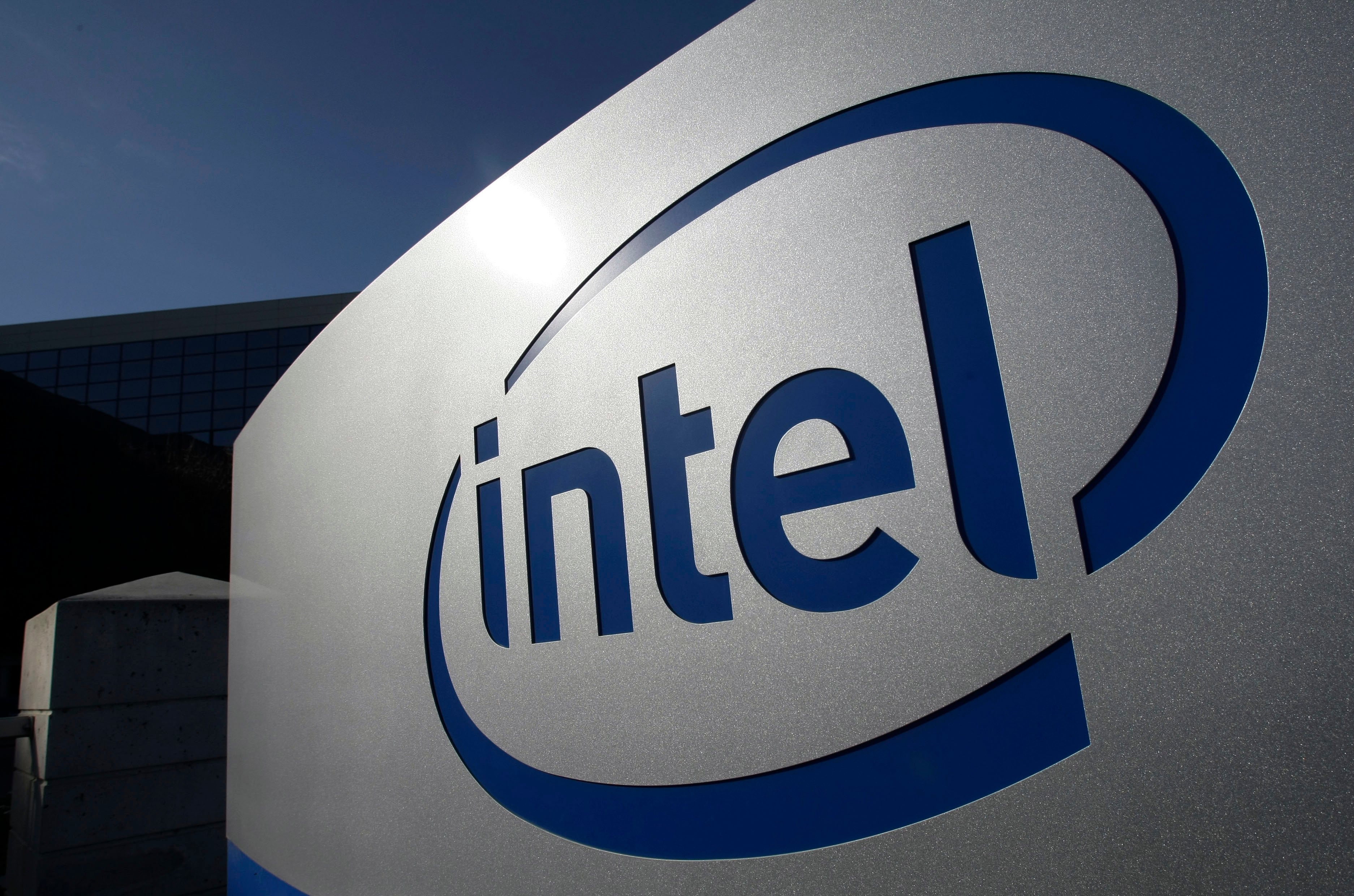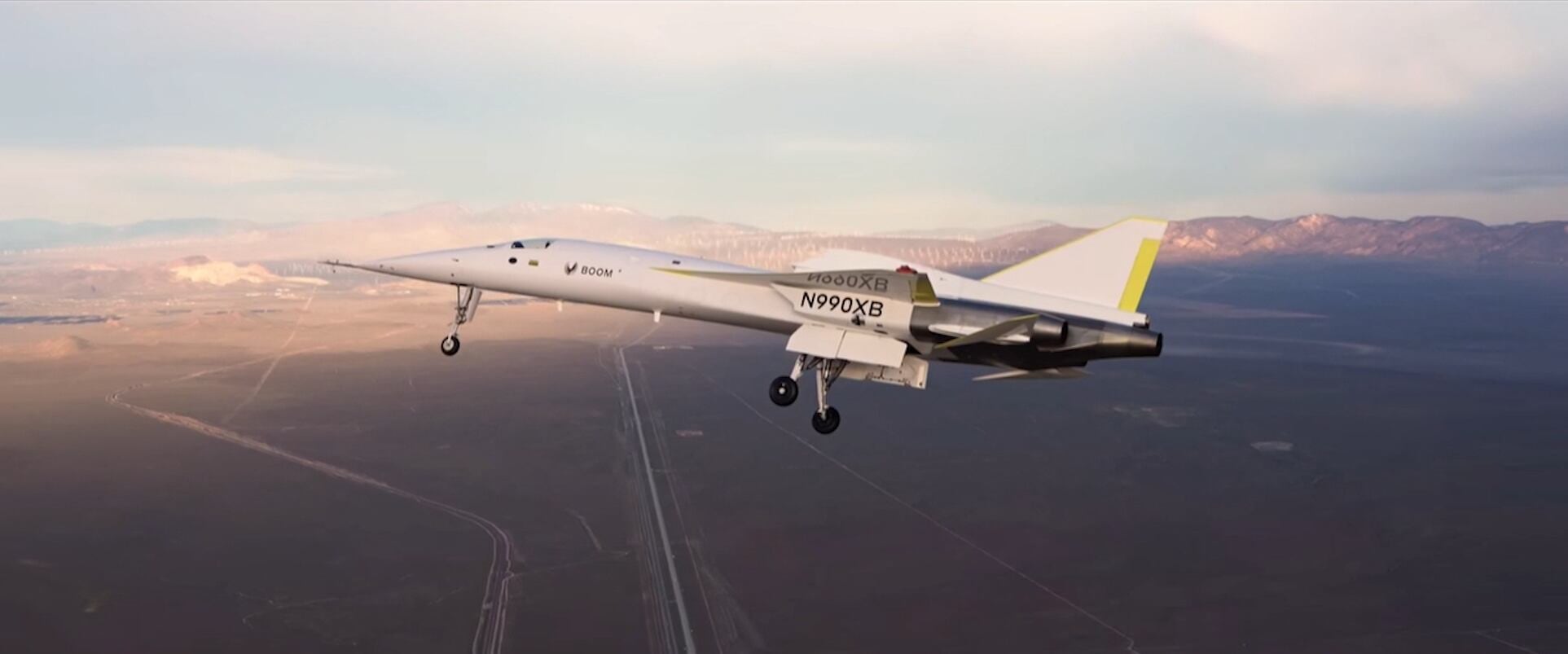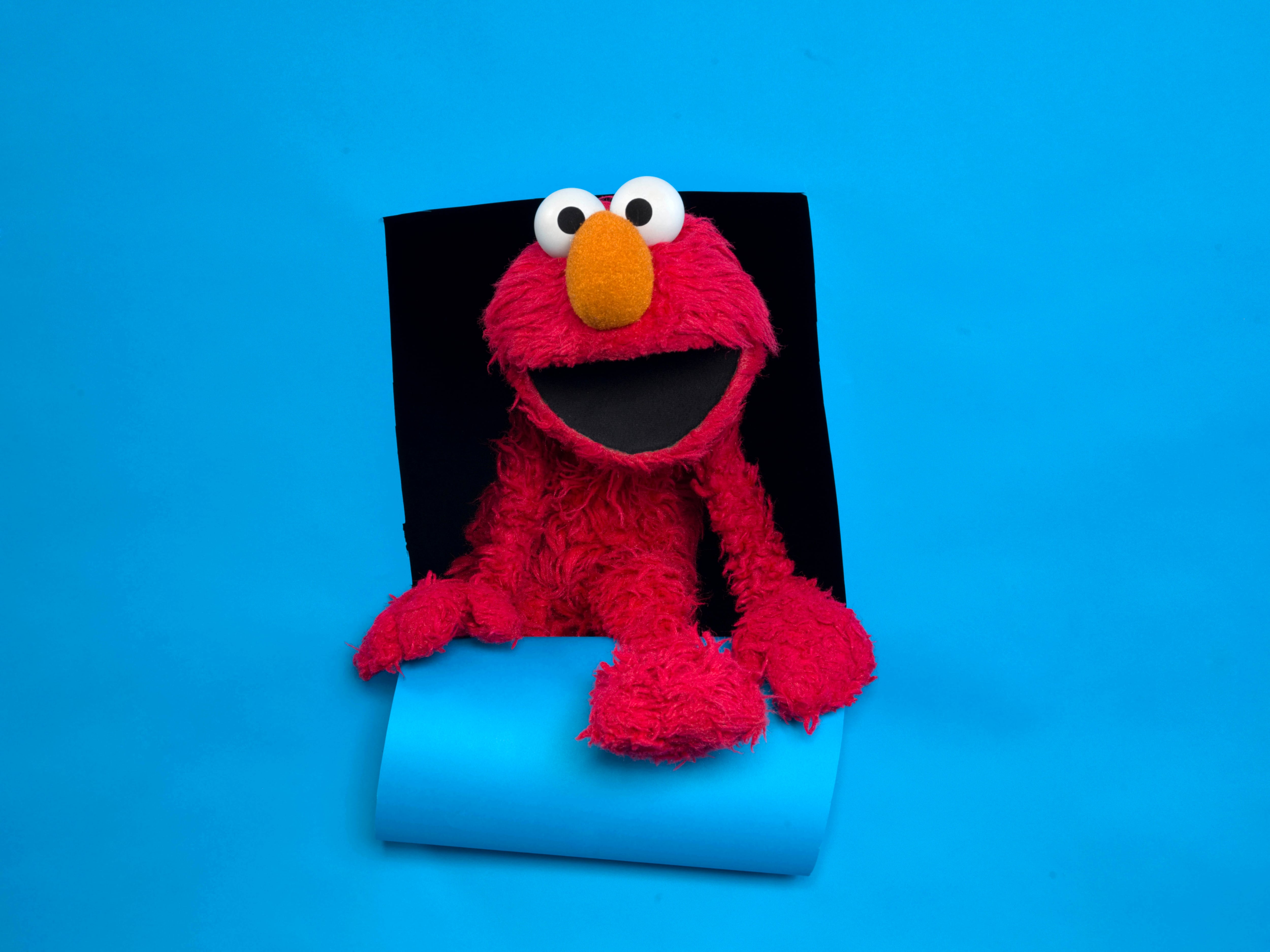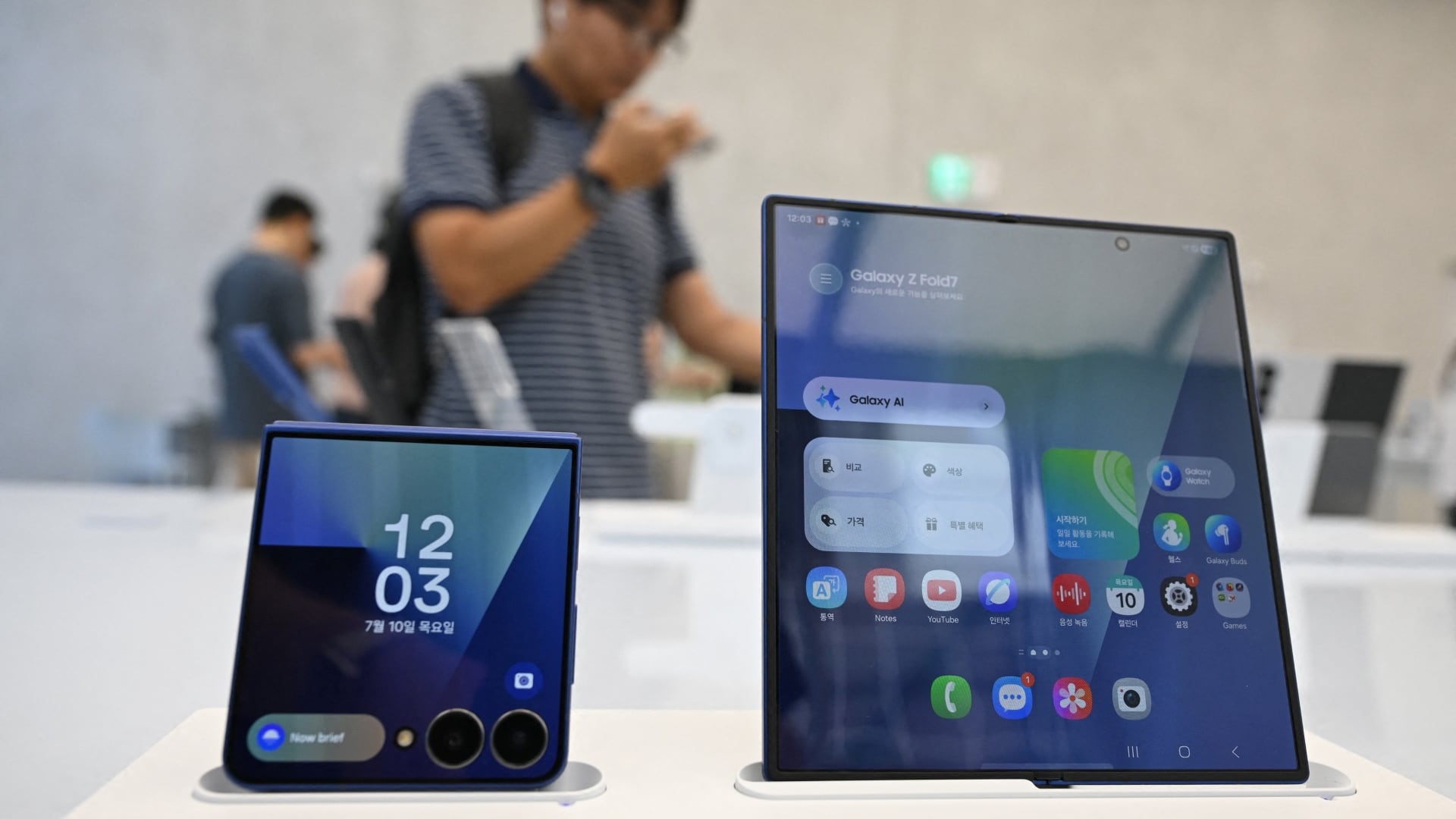*By Christian Smith* The social broadcasting platform Caffeine is launching a new way to get paid. Caffeine's users will be able to purchase digital items that they can use to interact with live broadcasts. The more users who participate in a live broadcast on the platform, the more money that show's producer makes. The company's founder and CEO, Ben Keighran, said he hopes this new monetization system will create a more exciting and interactive experience. "We're trying to build something that is really additive to the experience, really additive to the engagement, and hopefully makes broadcasters more money and makes the whole experience for everyone more fun," Keighran said Thursday on Cheddar. Live streaming platforms traditionally make money through advertisements and subscriptions. Caffeine will make money through the sale of what Keighran calls "digital concessions." The new system uses an internal currency called Caffeine gold, which viewers can buy through an iPhone app and through Caffeine's website. The gold, which starts at 99 cents, is to purchase the various concessions. Caffeine is not expecting everyone to buy the gold. Users can broadcast their own content to earn credits, which can be turned back into Caffeine gold. The new system separates Caffeine from competitors, like Twitch, because it enables any social broadcaster, no matter their following or concurrent viewership, to make money. Caffeine is still figuring out exactly what percent of the money spent on concessions within a broadcast will go to the content creator. Twitch gives preferential treatment to members of its affiliate and partner programs. Streamers with more than 50 followers and an average of three concurrent viewers are invited to be affiliates, and the most popular streamers on the platform can [apply to become Twitch partners](https://help.twitch.tv/customer/en/portal/articles/735127-tips-for-applying-to-the-partner-program). Caffeine has a bit of catching up to do. Twitch reports it has more than 1.7 million broadcasters a month live streaming on its platform. It can make up ground with some of the [$46 million](http://variety.com/2018/digital/news/caffeine-apple-tv-execs-funding-live-broadcasting-1202682809/) it raised in January 2018. The company said it was is using the capital to grow its engineering and content teams, as well as building out its data system infrastructure, which is what allows Caffeine broadcasters to stream live without the delays other social broadcasting platforms have. For the full interview, [click here](https://cheddar.com/videos/social-broadcasting-platform-caffeine-launches-new-monetization-system).












